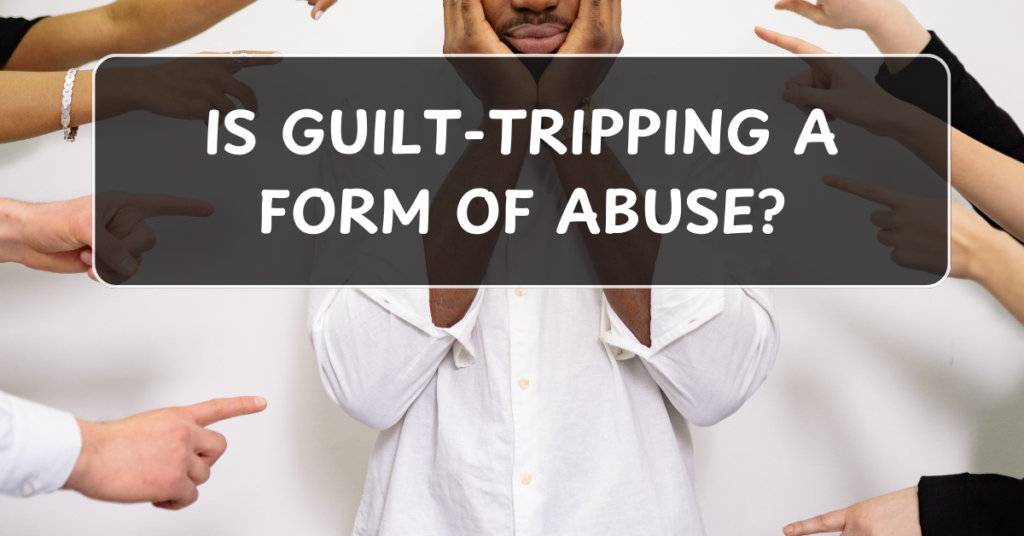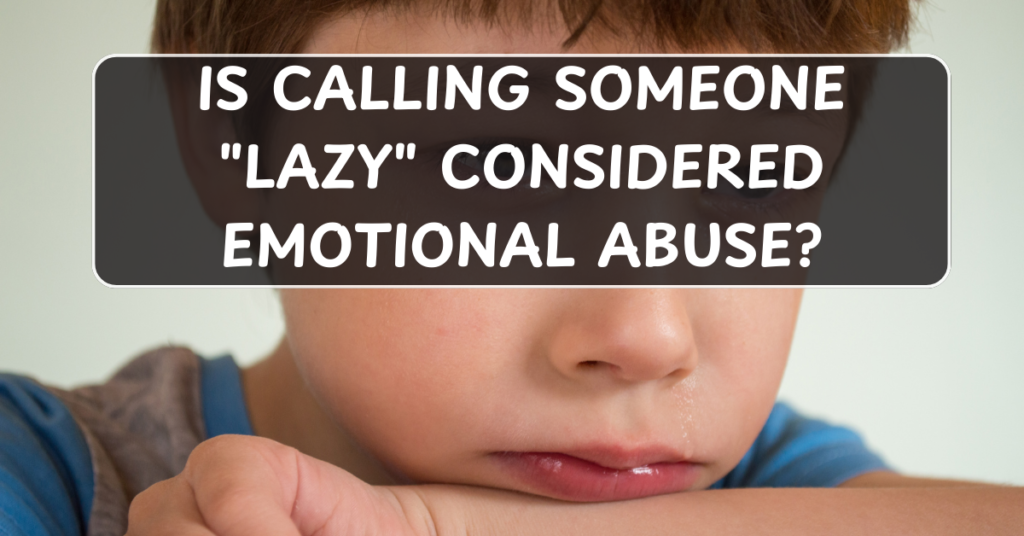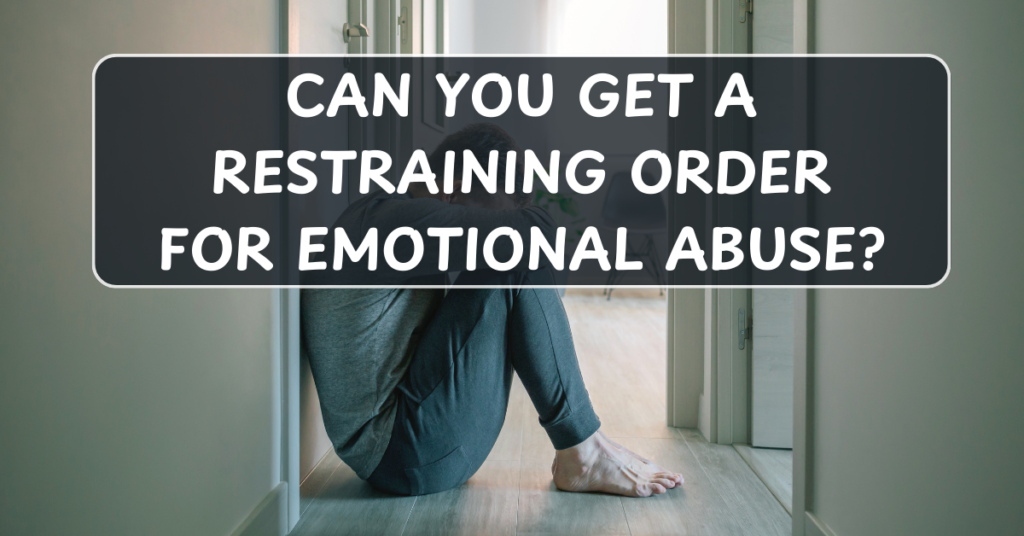
Guilt-tripping is a form of manipulation where one person induces feelings of guilt in another to control their behavior or emotions. While it is not always considered abuse, repeated or severe guilt-tripping can cross the line into emotional abuse. Understanding the dynamics of guilt-tripping and its potential impact can help individuals identify and address this behavior in their relationships.
What Is Guilt-Tripping?
Guilt-tripping involves using guilt to influence someone’s actions, often through:
- Blame: Highlighting past mistakes to elicit remorse.
- Subtle Manipulation: Using indirect comments or behaviors to make someone feel responsible for another’s happiness or suffering.
- Emotional Appeals: Claiming self-sacrifice or victimhood to gain sympathy or compliance.
Examples include statements like:
- “After all I’ve done for you, this is how you repay me?”
- “If you loved me, you’d do this for me.”
When Does Guilt-Tripping Become Abuse?
While occasional guilt-tripping may happen in relationships, it becomes abusive when it:
- Is Repeated and Persistent
- Chronic guilt-tripping creates an environment of emotional control and manipulation.
- Causes Emotional Harm
- The target may feel unworthy, ashamed, or perpetually responsible for the manipulator’s happiness.
- Undermines Autonomy
- The manipulator uses guilt to control decisions, preventing the target from acting on their own desires or needs.
- Occurs in an Imbalanced Power Dynamic
- Guilt-tripping can exploit vulnerabilities, such as in relationships between parents and children, romantic partners, or employers and employees.
Why Do People Guilt-Trip?
Guilt-tripping often stems from the manipulator’s:
- Insecurity: Fear of losing control or being rejected.
- Learned Behavior: A history of using guilt as a coping mechanism or observing it in others.
- Desire for Control: A need to dominate or dictate the actions of others.
Impact of Guilt-Tripping
Guilt-tripping can have serious consequences for the person being targeted:
- Emotional Distress: Feelings of shame, anxiety, or depression.
- Damaged Self-Esteem: Believing they are always at fault or not good enough.
- Strained Relationships: Resentment and distance may grow over time.
For the manipulator, reliance on guilt-tripping can lead to difficulties in forming genuine, healthy connections.
How to Respond to Guilt-Tripping
If you recognize guilt-tripping in a relationship, consider these steps:
- Identify the Behavior
- Be aware of statements or actions that make you feel guilty without cause.
- Set Boundaries
- Clearly communicate what behaviors are unacceptable and stick to your limits.
- Respond Assertively
- Use “I” statements to express your feelings without escalating the situation.
- Example: “I feel uncomfortable when you make comments like that. Let’s discuss this directly.”
- Encourage Open Communication
- Address underlying issues directly instead of through guilt or manipulation.
- Seek Support
- If guilt-tripping persists or becomes abusive, talk to a trusted friend, counselor, or therapist for guidance.
Conclusion
Guilt-tripping can be a harmful form of manipulation, and when it is persistent, intentional, and damaging, it can rise to the level of emotional abuse. Recognizing and addressing this behavior is essential for fostering healthy relationships built on trust and mutual respect.
If you or someone you know is experiencing emotional manipulation or abuse, consider seeking professional help to navigate the situation and regain a sense of empowerment.


